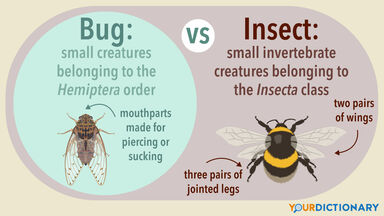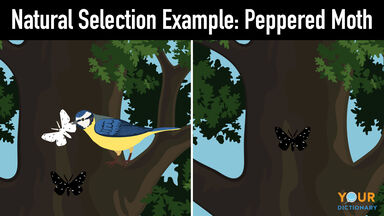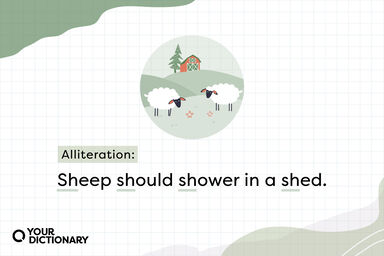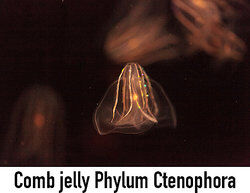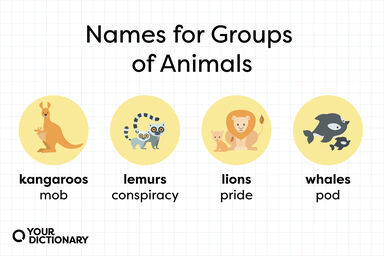Bug Definition
- shortcoming
- imperfection
- defect
- fault
- flaw
- blemish
- hemipteron
- hemipteran
- hemipterous insect
- hobbyist
- zealot
- devotee
- fanatic
- nut
- freak
- not bother
- To impart useful information to (another) in a subtle, discreet way.
- to stop annoying someone and leave
- to run away; desert
Idioms, Phrasal Verbs Related to Bug
Origin of Bug
-
Perhaps alteration (influenced by obsolete bug hobgoblin bugbear) of Middle English boude, budde beetle, weevil from Old English -budda as in scearnbudda dung beetle Low German dialectal budde louse
From American Heritage Dictionary of the English Language, 5th Edition
-
Middle English budde (“beetle”), from Old English budda (see scearnbudda (“dung beetle”)), from Proto-Germanic *buddô, *buzdô (compare Low German Budde (“louse, grub”), Norwegian budda (“newborn domestic animal”)). More at bud.
From Wiktionary
-
Middle English bugge (“scarecrow, hobgoblin”), from Proto-Germanic *bugja- (“swollen up, thick”) (compare Norwegian bugge (“big man”), dialectal Low German Bögge (“goblin”, “snot”)
From Wiktionary
Find Similar Words
Find similar words to bug using the buttons below.
